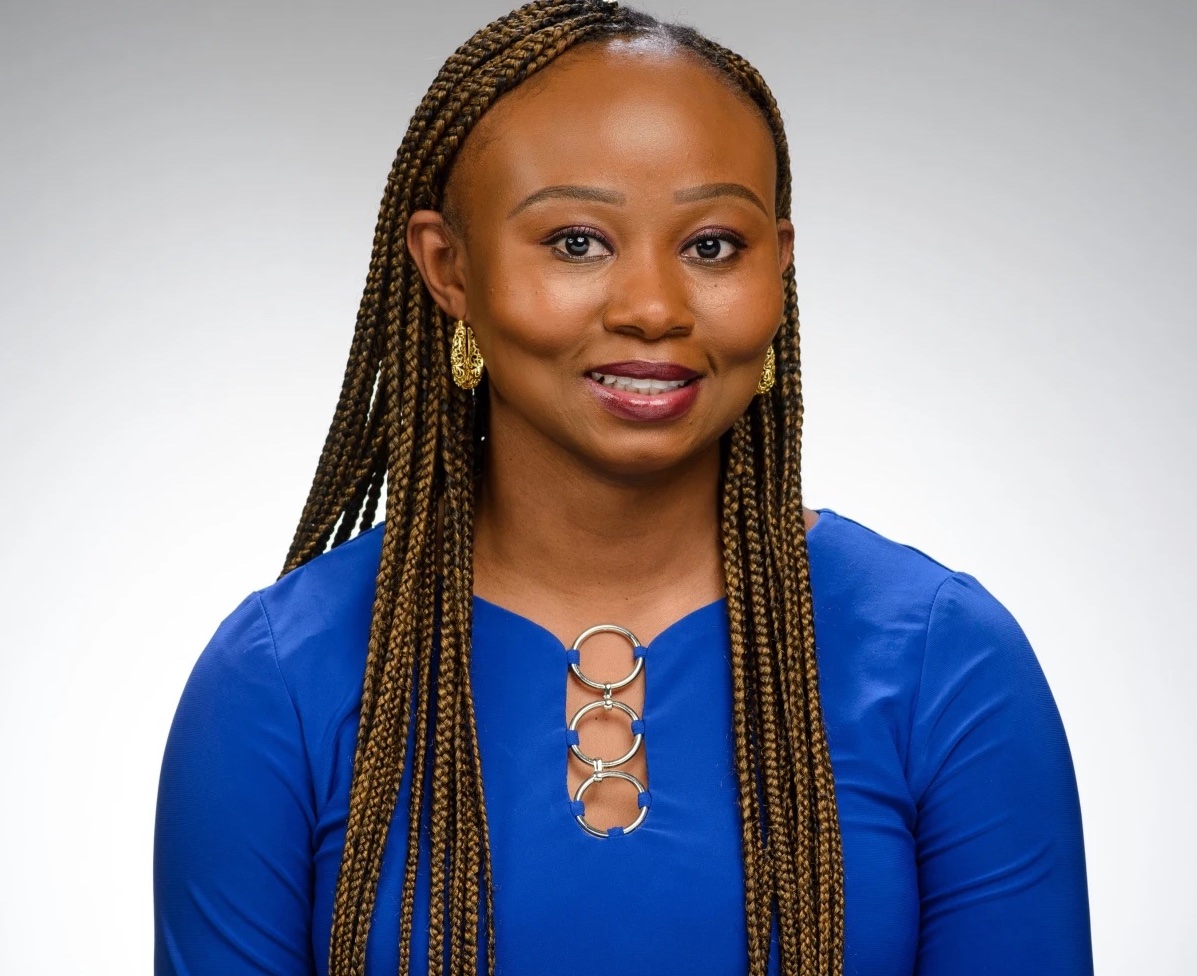“I would say you need to figure out your why. If you know your why, your what will become easier.”

This is what Yenupini Joyce Adams, PhD, BSN, tells junior colleagues who are interested in pursuing a career in research.
Adams identified her “why” as a doctoral student in Nursing Science at Michigan State University in 2012. At that time, she recognized that postpartum care was the most neglected aspect of maternity care, despite emerging data that more maternal deaths occur in the postpartum period than in pregnancy or during labor and delivery.
She decided to focus her research on postpartum care, even though “most people could not understand my passion or the importance of my research focus” at the time, she said.
Now, she is an Assistant Professor of the Practice and the Global Maternal Research Lead for the Eck Institute for Global Health (EIGH) at the University of Notre Dame. She works on improving postpartum health outcomes among women most impacted by maternal mortality in the United States and in Sub-Saharan Africa, where the burden of maternal mortality is most severe.
She examines access to quality postpartum care and education, and develops interventions that can be adopted into existing systems of care to improve maternal health, promote safe motherhood, and decrease maternal mortality and morbidity.
It is challenging work, she said—but well worth it.
“Being an academic, a wife, and a mother to young kids is not easy, but my passion keeps me going,” she said. “The most important thing about being a researcher is not the number of articles I will publish, nor my H-Index. It is about how much impact I have been able to make in the lives of the women that I have committed to serving, and its reflection on outcomes.”
In 2021, Adams received a reciprocal innovation demonstration grant from the Indiana CTSI and used it to implement and study an innovative model of postpartum care in Ghana. Called “Focused-PPC: An Integrated Postpartum Care, Education, and Support Model for Women in Ghana,” the project offered clinical assessment, education, and peer support to 96 new mothers over a one-year period.
“We just ended the project in December 2023. I am currently working on manuscripts for publication this year from the project,” she said.
Recently, Notre Dame announced that she would establish a two new programs in St. Joseph County, one of which is an adaptation of her work in Ghana. Inside Indiana Business reported on the announcement in early March.
Bernard Nahlen, MD, who is Director of the EIGH, said that Adams’s “innovative research on reducing adverse health outcomes in the post-partum period is already having a positive impact in Ghana. We applaud her commitment to move forward on similar research to improve the health of mothers here in Indiana and elsewhere.”
Nydia Morales-Soto, PhD, who is EIGH’s Assistant Director of Research & Partnerships, has worked closely with Adams at EIGH since 2020. She said she has been “most impressed” with Adams’ remarkable dedication to reducing maternal mortality and enhancing the health well-being of mothers and their families.
“As a trusted partner, [Adams] engages local community partners and organizations to ensure that her research and Notre Dame’s work in the maternal, newborn, and child health (MNCH) field are guided by the needs of the communities we aim to support,” Morales-Soto said.
Adams said she is grateful to Notre Dame and EIGH for offering opportunities for her to expand her research portfolio and focus on those communities. But she is equally dedicated to education, and Notre Dame has given her many opportunities to mentor students from diverse disciplinary backgrounds who are interested in research (and specifically, in maternal health research), she said.
“I have always been committed to promoting early exposure to research in students through classroom teaching, role modeling, mentorship, and creating opportunities for active student involvement in research,” she said.
Some of her students have been inspired to switch from their originally intended field of study to maternal health or women’s health, she said.
Whatever a future researcher’s “why” may be, Adams urges them to identify it—and then, to use it as their guide.
“Let your why guide your decision making, for both things to accept, and for things to say no to,” she said. “Follow your passion, and focus on making your own impact.”
To learn more about Dr. Adams and her work, visit her website.
